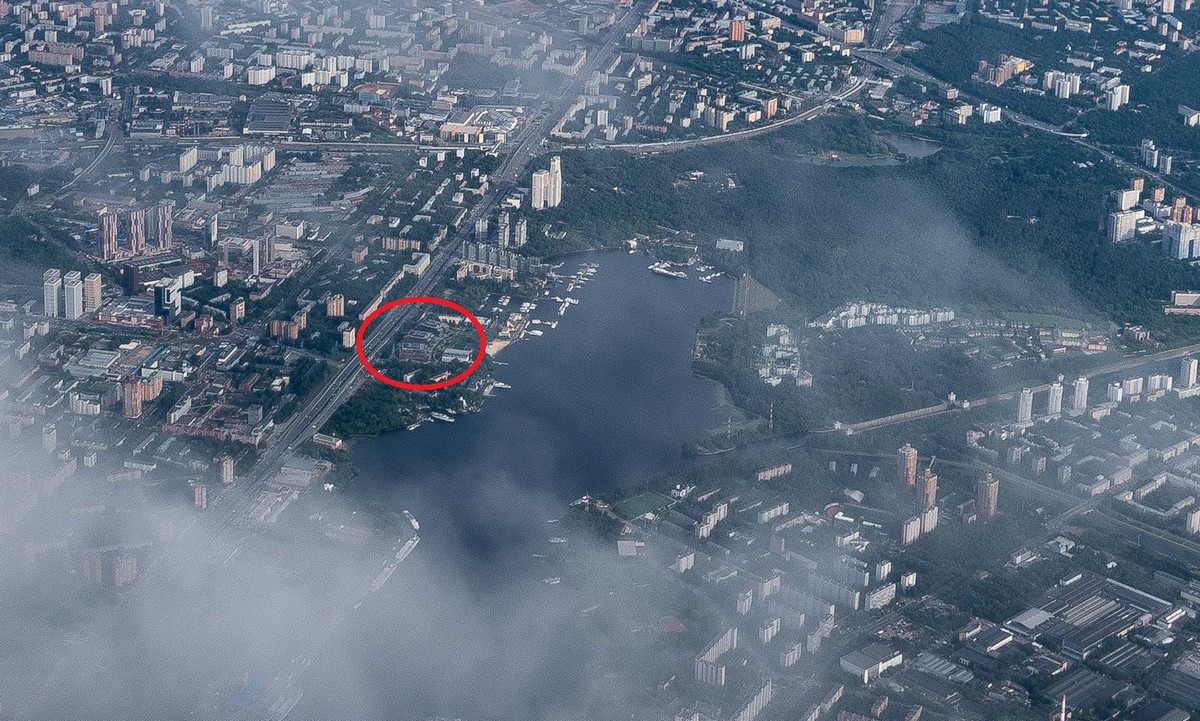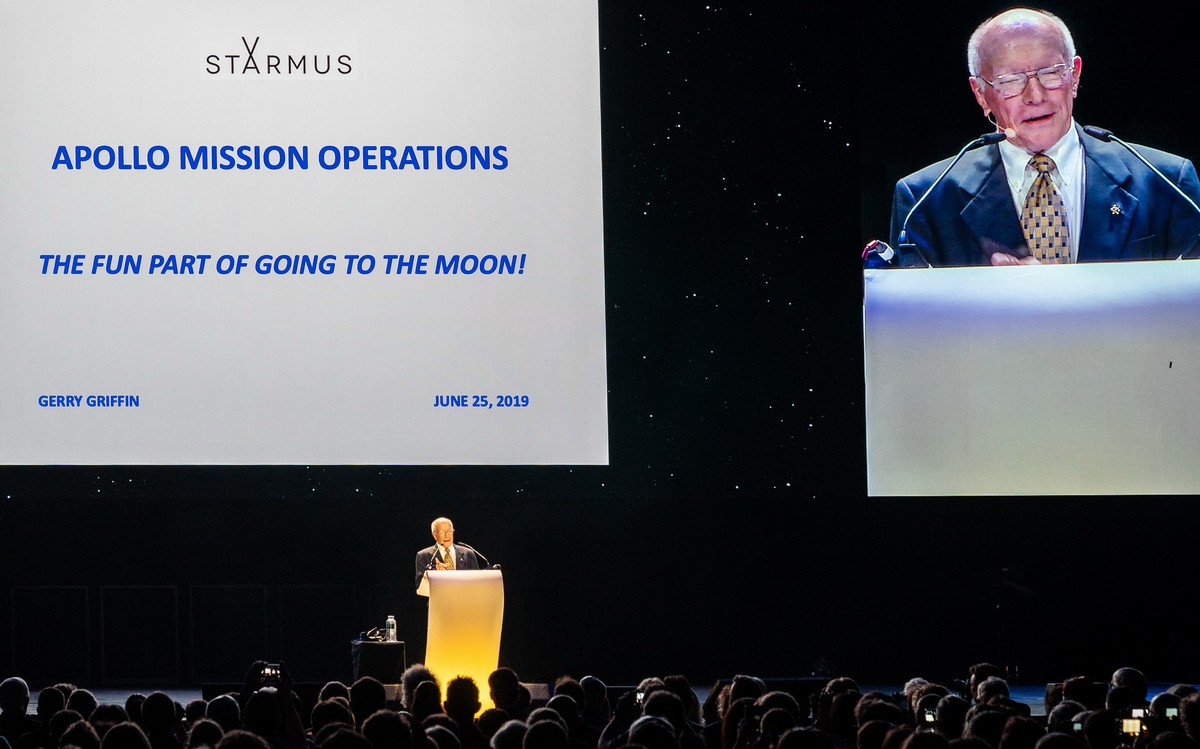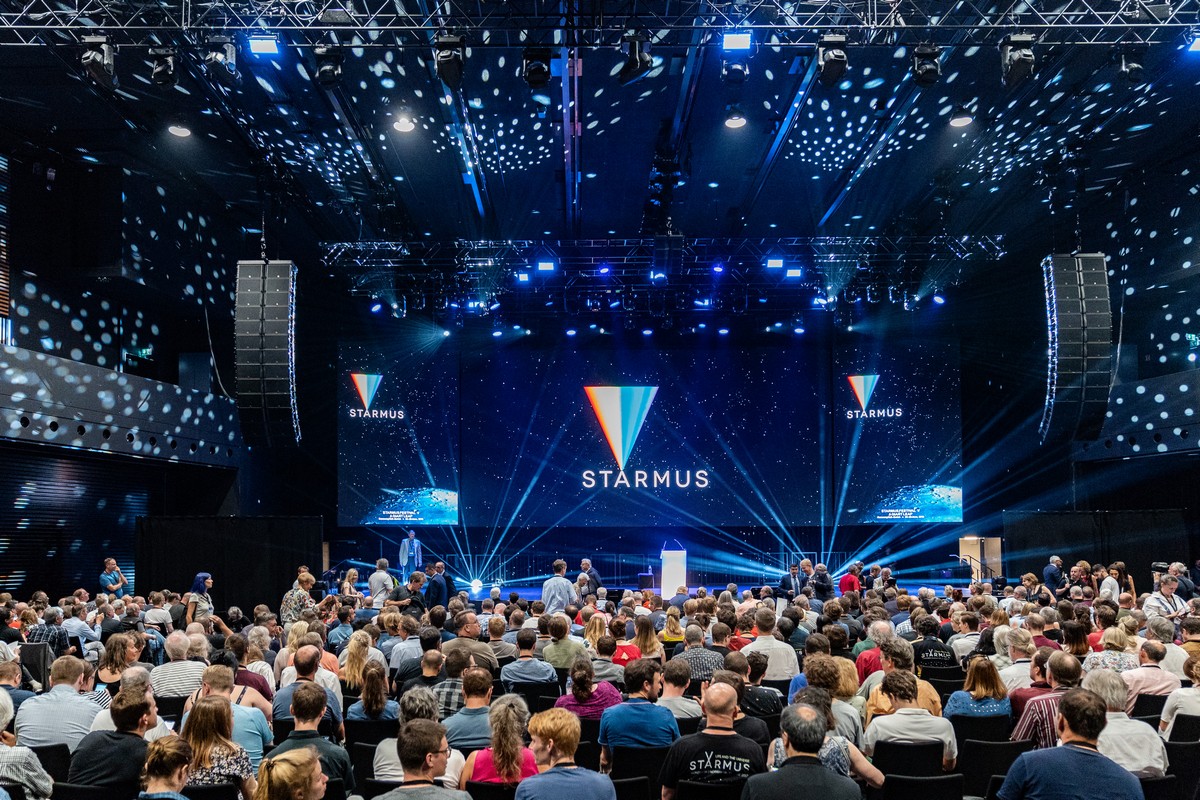August 15, 2019
Going the extra miles – to the Kuril Isles (via Kamchatka).
Privet comrades!
Oh my ginormous! As I behold the full five and a half thousand (!) pics and vids (mine and others’) from our recent hundreds of nautical miles around the Kuril Isles, I begin to wonder just where I should start. But start I must. Ok, let’s do this simply and logically: I’ll just start from the beginning…
It all started with our flight from Moscow to Petropavlovsk-Kamchatsky, from where our expedition began – and finished a month later!
As you know, I’m very partial to a spot of long-hauling. You sit by the window, you get through your backlog of emails that you just never can get through fully in the office, you get through most of an interesting new novel or non-fiction book, you watch a good movie from long ago (since there are hardly any good movies made today, or so it seems to me), and sometimes you get to see some wonderful aerial scenes out of said window, which you of course take a few pics of…
This time I was snapping away right from the get-go: the weather was clement and I got in a good clear shot of the suburbs of Moscow:

Woah – and there’s our office. I’ll be seeing you, office – in more than a month’s time!










































